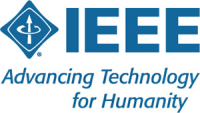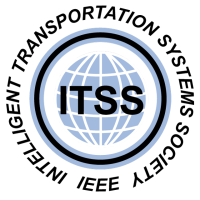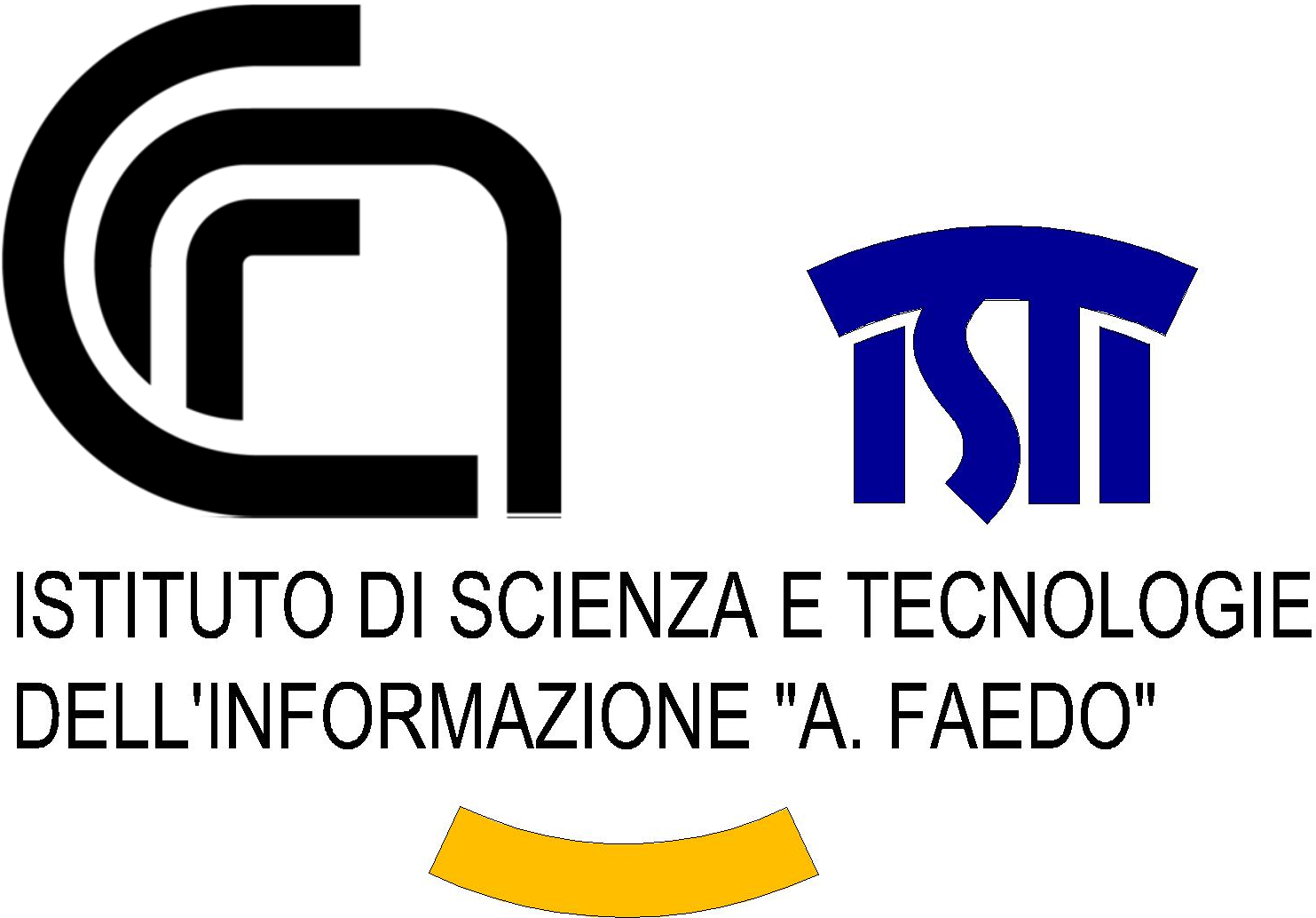Special sessions
Papers are assigned to special sessions based on topic. Papers assigned to special sessions undergo the same review proces as the other papers.
Evaluation of positioning systems
Estefania Munoz Diaz
Deutsches Zentrum für Luft- und Raumfahrt e.V. DLR, German Aerospace Center (DE)
Over the last years, there has been a growing trend in the number of published research works dedicated to localization systems. Additionally, the first formal attempt to standardize the test and evaluation of localization systems, the ISO/IEC 18305 Standard, appeared in 2016. However, the effort dedicated to a comprehensive evaluation is small, e.g. less than 7% of the pedestrian localization community dedicates special attention to the evaluation.
A proof of the importance of test and evaluation methodologies, as well as benchmark data sets, is the appearance of localization competitions over the last years. Some examples are the Evaluation of Ambient Assisted Living EvAAL, the Indoor Positioning and Indoor Navigation (IPIN) competition or the Microsoft competition.
This session will provide an analysis of the current status of test and evaluation efforts made by the pedestrian localization community. This analysis is based on a survey of more than 50 recent articles evaluated under the ISO/IEC 18305 Standard methodology. Articles including (but not limited to) a dedicated test and evaluation section, providing the community with their measurement benchmark including reference data, and a comprehensive comparison between two or more pedestrian localization algorithms, are welcomed in this session.
Machine Learning for Localization and Navigation
Christopher Mutschler
Fraunhofer Institute for Integrated Circuits IIS (DE)
Machine and deep learning (ML/DL) achieved many successes in various fields. Machine Learning helps to comprehensively capture and interpret situations (e.g., classification of images, speech recognition, and time-series analytics) and provides optimal estimations based on given data it has been trained on. Highly non-linear function approximators capture the relationships (e.g., the impact of moving objects or sensor noise on the quality of localization estimates) and find the correlations that are hidden in the data.
In the context of indoor localization and navigation, these methods can also be applied. ML can not only support existing probabilistic algorithms with their more detailed descriptive power, they can also replace conventional methods completely. This results in new challenges such as the balance act between the expense of data recording and the expense of system description.
This session will provide insights into the research field of localization, navigation, signal processing, and sensor fusion using ML or related methods. This includes (but is not limited to): anomaly identification and detection (e.g., LoS and NLoS identification), (Pedestrian) Dead Reckoning (e.g., Zero Update Velocity, Step Length, Step Estimation), the learning of motion models (e.g. filter design, process and measurement noise, and long-term dependencies), ToA estimation, and fingerprinting.



























